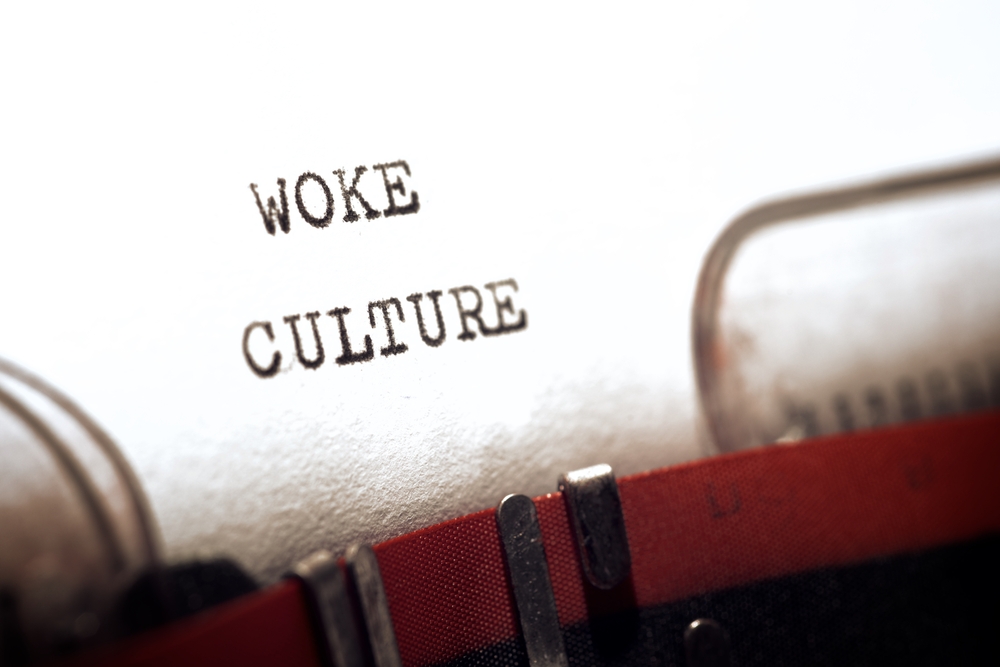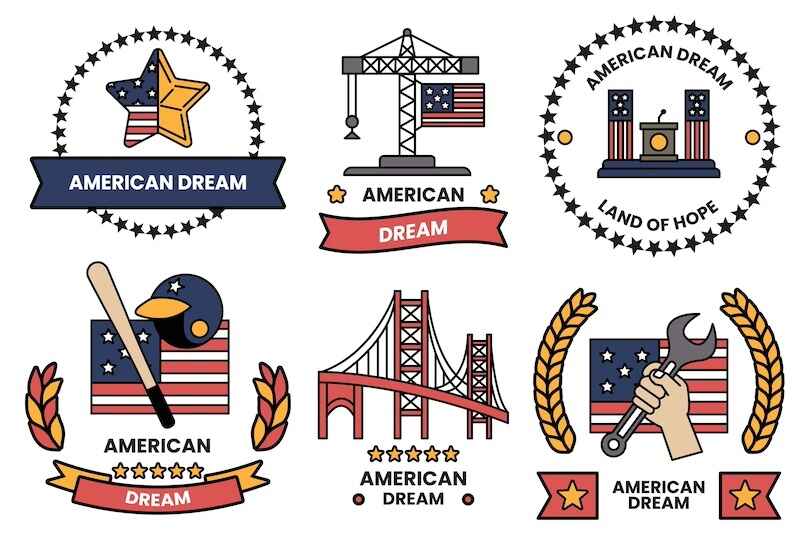In my last few columns, I’ve explained how woke ideology sows division between groups, creates a culture of victimhood and undermines the path to financial freedom.
Yet, since those who disagree with this new orthodoxy don’t want to be censored or canceled, it has also made the United States a place where nearly two-thirds of citizens tell pollsters they are afraid to state their views in public.
(There are few better tests of the health of a democracy than the willingness of citizens to speak their minds out loud.)
This has become the modern version of McCarthyism.
If you’re not woke, you must be one of them… and therefore part of the problem.
Discrimination still exists in this country, of course. And we should do what we can to eliminate it.
But few Americans are unfamiliar with the historic struggle of women and minorities in this country. Or around the world for that matter.
And no thinking person opposes diversity and equality.
But there’s a difference between education and indoctrination – and between inclusion and intolerance.
Yet this poisonous philosophy has now spread from faculty lounges to Main Street to corporate boardrooms.
Shareholder capitalism is being replaced by woke capitalism. And it is one of the defining business scams of our time.
Here’s how it works…
Public companies present themselves as something other than “greedy corporations” trying to increase sales and profits.
They put up a do-good smoke screen to improve their public image, distract from harmful practices, and (ahem) increase their sales and profits.
It’s virtue signaling, writ large.
Like virtue signaling at the personal level, however, it is mostly empty talk and meaningless gestures.
And it often backfires – upsetting employees, customers, suppliers and investors.
For example, Walt Disney (NYSE: DIS) opposed a state rule in Florida prohibiting public schools from teaching 5-to-8-year-old students about sexual orientation and gender identity.
That offended tens of millions of parents nationwide, many of them current or potential Disney customers.
It also may result in Walt Disney World losing its 55-year-old status as a “special taxing district” in Florida.
Uber (NYSE: UBER) and Novartis (NYSE: NVS) issued lengthy statements in support of Black Lives Matter, a movement that supports defunding the police, investigating white supremacy in the military and permanently banning Donald Trump from all social media.
Coca-Cola (NYSE: KO) implemented corporate programs teaching employees to be “less white” (i.e., less arrogant and oppressive).
Delta Air Lines (NYSE: DAL) and JPMorgan Chase (NYSE: JPM) made misinformed and inflammatory remarks about Georgia’s voting-reform legislation.
(President Biden referred to these laws as “Jim Crow in the 21st century.” Yet Georgia had record Black voter turnout this year and the secretary of state’s office reported “no signs of voter suppression.”)
Nike (NYSE: NKE) recalled its Betsy Ross flag-emblazoned shoes when activists claimed that the flag represented slavery.
Facebook and Twitter blocked information about Hunter Biden’s laptop before the 2020 election – deeming it “Russian disinformation” – as well as the Chinese lab-leak theory about the origin of the COVID-19 pandemic, deeming it “racist.”
Apple (Nasdaq: AAPL) famously refused to help the Federal Bureau of Investigation unlock the iPhone of a Muslim man who shot dead three servicemen at Naval Air Station Pensacola.
However, it did help the Communist Party suppress public protests in China this year by suspending the AirDrop feature on its phones there.
Many money managers withhold investor funds from companies that don’t meet their environmental, social and governance (ESG) standards.
These funds have mostly turned in subpar performance. Especially this year.
Woke managers view fossil fuel companies as vice stocks and therefore ineligible for investment.
Yet 2022’s top-performing sector – by a long shot – is energy.
Free market capitalism has no problem with companies spending their own money in pursuit of whatever goals they choose.
But woke capitalism is different.
It’s about managers promoting progressive social values that often have nothing to do with building or promoting the business.
This clearly rankles or disappoints many stakeholders. So why do businesses do it?
The first reason, of course, is that some employees, customers and investors share their views.
Another reason is that they want to curry favor with progressive politicians to get self-serving regulatory treatment.
That often means keeping regulations in place – or even increasing them.
Why? Because state and federal regulations are so complicated, onerous and expensive that they keep upstart competition at bay.
Woke policies also aggrandize certain CEOs who would like to exercise quasi-political power but don’t want to endure the time, trouble and expense of getting elected.
There are also grants and subsidies to consider.
In January 2020, for example, British pharmaceutical giant AstraZeneca (Nasdaq: AZN) – with great fanfare – pledged to invest $1 billion over 10 years in initiatives to combat climate change.
A couple months later, it received a $1.2 billion grant – not a loan but a grant – from U.S. taxpayers to subsidize the development of for-profit vaccines.
(The company insists there was no quid pro quo. But receiving $1.2 billion now vs. pledging to invest $1 billion over the next decade sure looks like a good trade.)
Woke capitalism also deflects attention from problems created by certain businesses.
For example, Coca-Cola put employees through “anti-racist” training.
Yet its products fuel obesity, diabetes and heart disease in Black communities.
Nike hired NFL quarterback Colin Kaepernick, who knelt during the national anthem to promote “social justice.”
Yet the company’s shoes are made in sweatshops overseas and priced far beyond what most inner-city kids can afford.
Many big businesses have taken on the role of progressive government.
This is not just hurting companies and their share prices. It is polarizing our politics.
Business leaders are supposed to decide things like how much to spend on research and development, where to advertise, and whether to outsource manufacturing.
It is not their role to decide whether a higher minimum wage is more important than full employment.
Or whether reducing the nation’s carbon footprint is more important than reducing the firm’s energy costs.
Corporate CEOs are citizens too, of course. And they have every right to speak up in their personal capacities.
But it’s something else entirely to use the public companies they manage to promote their personal political views.
More to the point, corporations – like individuals – don’t need to virtue signal.
After all, they already play essential roles.
Companies fight tooth and nail to meet all our wants and needs. They provide tens of millions of jobs. They pay billions in annual taxes.
And, not incidentally, they provide shareholders with excellent long-term returns.
Woke capitalism isn’t smart. It isn’t effective. And it isn’t needed.
Credit: Source link














